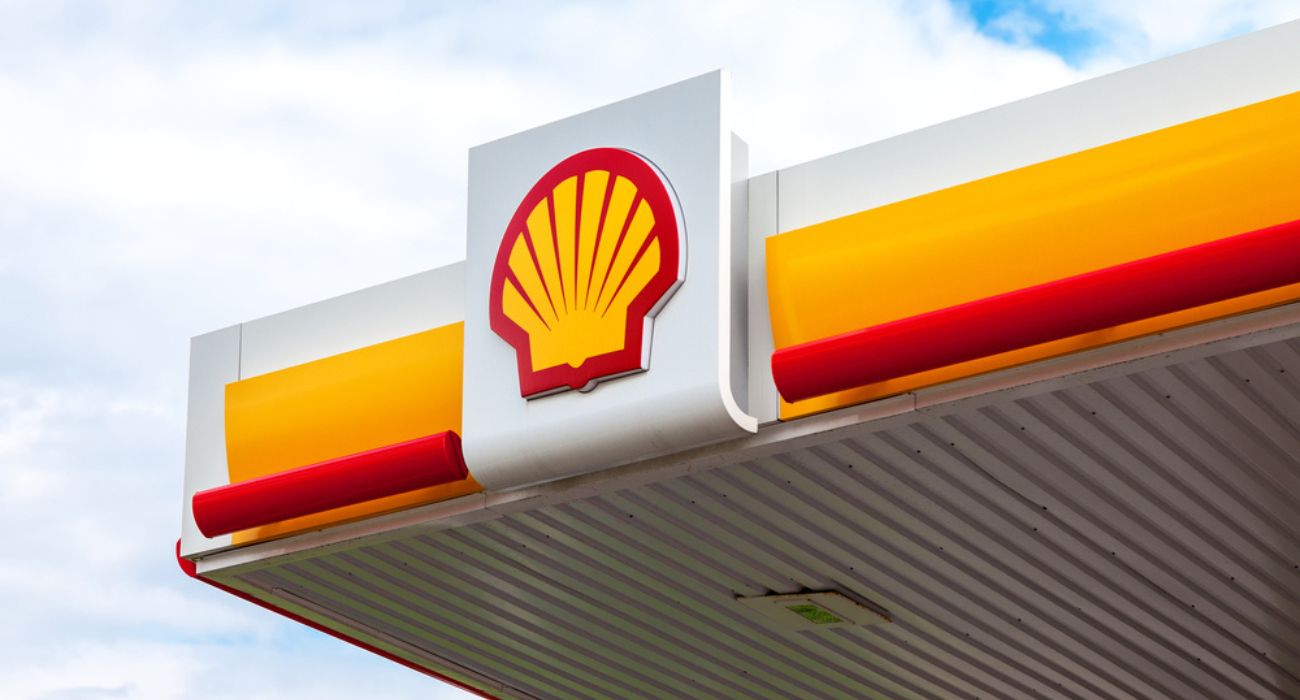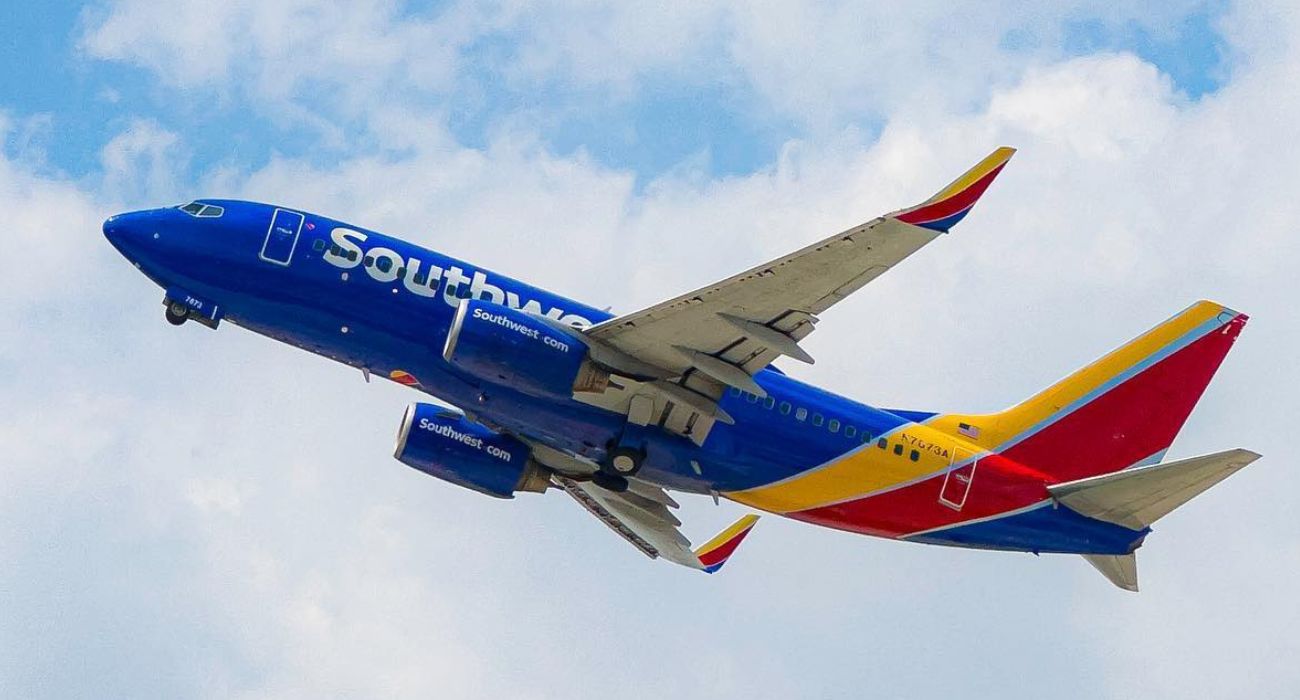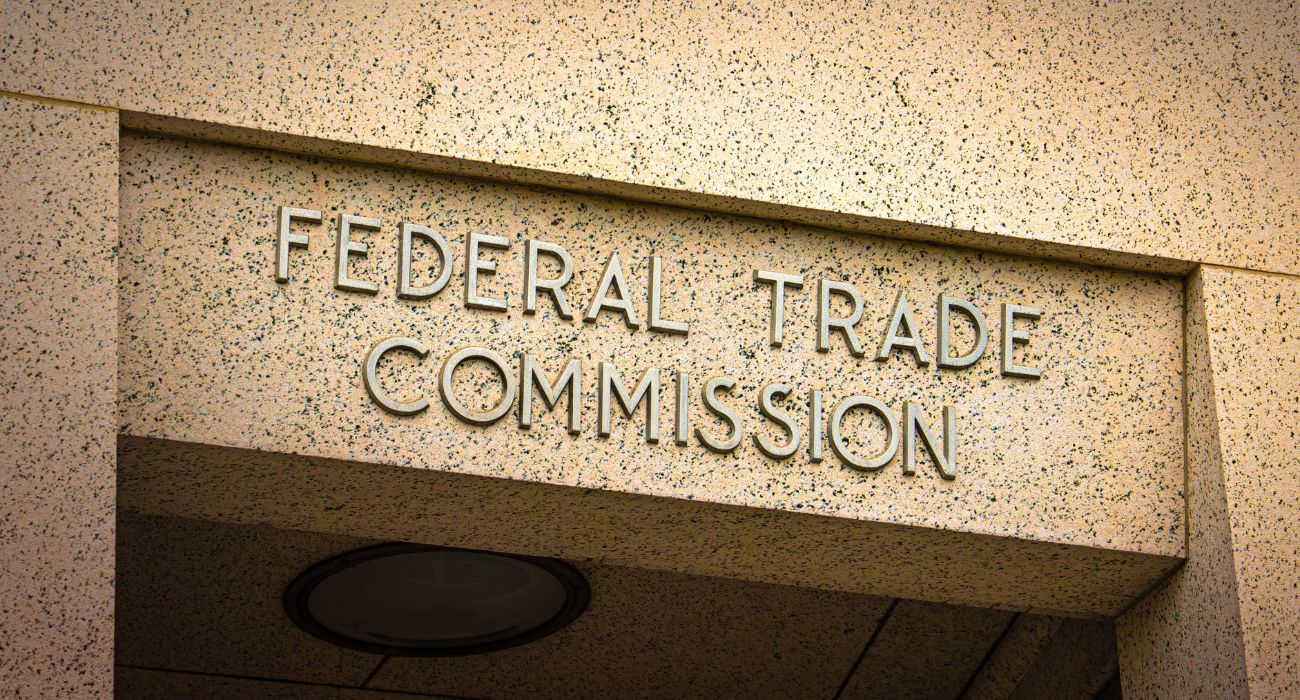Shell announced record earnings in 2022, joining its oil industry competitors Exxon Mobil and Chevron, who also posted record profits last year.
The London-based company reported $41.6 billion in annual profits in 2022, the highest in its 115-year history, trouncing its previous record of $31.4 billion in 2008, according to The Wall Street Journal.
Fueled by healthy global energy demand, the three oil giants recorded over $132 billion in combined profits, recovering from the billions of dollars in losses suffered during the COVID-19 pandemic.
Shell’s fourth-quarter earnings came in at $11.4 billion, buoyed by its liquefied natural gas (LNG) segment, which experienced a boost in demand following Russia’s decision to cut off its gas pipeline to Europe, according to The Wall Street Journal.
The company’s adjusted earnings came in at $9.8 billion, topping consensus analysts’ estimates by $1.8 billion. Still, despite the record performance, the company’s shares were down nearly 2% on Thursday.
Shell’s LNG business accounted for 60% of adjusted earnings per share in the quarter. The company has invested heavily in this segment, locking in long-term LNG supplies and linking global buyers and sellers during times of energy shortages, according to The Wall Street Journal.
“Shell has really invested in LNG over the last decade. The plastics demand has exploded recently and Shell has invested in ethane crackers to meet the need. The latest investment was the ethane cracker in Pittsburgh which gets its supply from the Marcellus shale fracking operations. That investment was the largest in Pittsburgh since WWII. Ethane is a component of LNG which the majority of plastics are made from.
“Natural gas is a vital part of our lives and economy. 80% of what we touch and see daily comes from some sort of LNG product,” Oil and Gas industry veteran Richard Welch told The Dallas Express.
Shell’s CFO Sinead Gorman said during an earnings call that Shell will focus on acquisitions in the upcoming year.
“We’re expecting to see quite a few more opportunities coming up in the next year,” Gorman said.
Highlighting the company’s LNG business, Shell CEO Wael Sawan said the company sent around 194 LNG shipments to Europe, primarily to the UK and Turkey, last year. That figure was up from 112 in 2021, with the company averaging around 40 annually in years prior.
This was Sawan’s first quarter as CEO after taking the helm on January 1st. One of the new CEO’s first measures was reducing Shell’s executive staff from nine to seven and combining its reporting for LNG with its oil and gas business.
Sawan said the reporting change will help the company simplify its decisions in strategy and spending, according to The Wall Street Journal.
More profits, however, mean more taxes. The company anticipates paying a $2 billion energy-profit levy on top of $360 million of expected windfall taxes to the European Union and the UK.
Additionally, Shell and European competitor BP have seen pressure from their investor base and governments calling for a shift away from fossil fuels to reduce their carbon footprint. However, Shell’s American counterparts have remained steady in their core oil and gas business and continue to invest in this segment.
Shell faced this pressure in Dutch courts after a 2021 ruling ordered the company to speed up its reduction of carbon emissions. The court ruled that Shell must reduce its greenhouse gas emissions by 45% by 2030. The company argued that environmental groups are unfairly targeting their business and instead have a goal of reaching net zero emissions by 2050, according to NPR.






